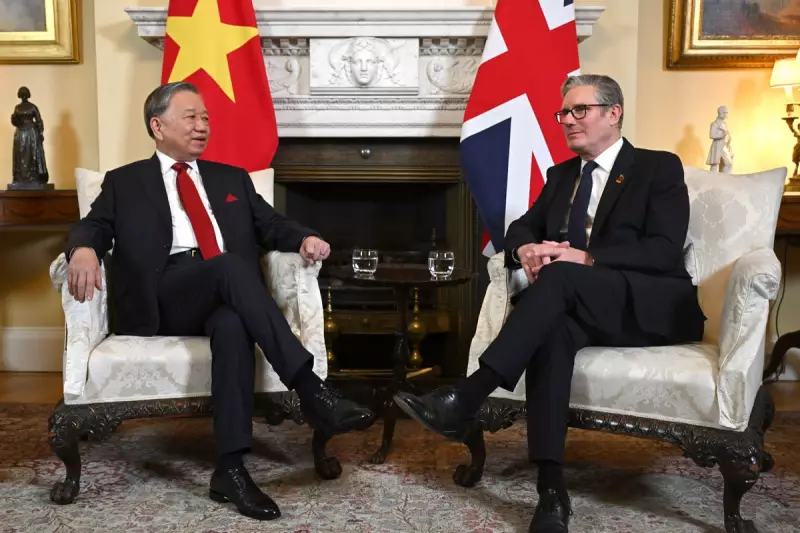
In a significant diplomatic move, Labour leader Sir Keir Starmer has hosted an unprecedented reception at 10 Downing Street for prominent members of Britain's Vietnamese community. The landmark event marks a new chapter in UK-Vietnam relations and demonstrates the opposition leader's commitment to strengthening ties with diaspora communities.
Groundbreaking Outreach at Britain's Most Famous Address
The reception brought together community leaders, business figures, and cultural representatives from across the Vietnamese diaspora in Britain. Held within the historic walls of Number 10, the gathering represents one of the first major engagements between a senior political leader and the Vietnamese community at this level.
Shadow Justice Secretary Shabana Mahmood, who played a key role in organising the event, described it as "a powerful symbol of the Labour Party's commitment to inclusive politics and international cooperation."
Strengthening UK-Vietnam Relations
This diplomatic initiative comes at a crucial time for UK-Vietnam relations, following Britain's departure from the European Union. The reception signals Labour's intention to deepen economic and cultural ties with Vietnam, a rapidly growing economy in Southeast Asia.
Sources close to the event suggest discussions focused on trade opportunities, educational exchanges, and cultural cooperation between the two nations. The Vietnamese community in Britain has grown significantly in recent decades, contributing substantially to the UK's economic and cultural landscape.
Political Significance and Future Implications
Political analysts view this reception as strategically important, demonstrating Starmer's approach to foreign policy and community engagement. By hosting such events at Downing Street, the Labour leader is positioning himself as a statesman ready for government.
The move also highlights the increasing political influence of diaspora communities in British politics. With general elections approaching, such outreach efforts could prove significant in building support among diverse voter groups.
This historic reception sets a new precedent for how British political leaders engage with diaspora communities and could influence future diplomatic approaches towards Southeast Asian nations.





